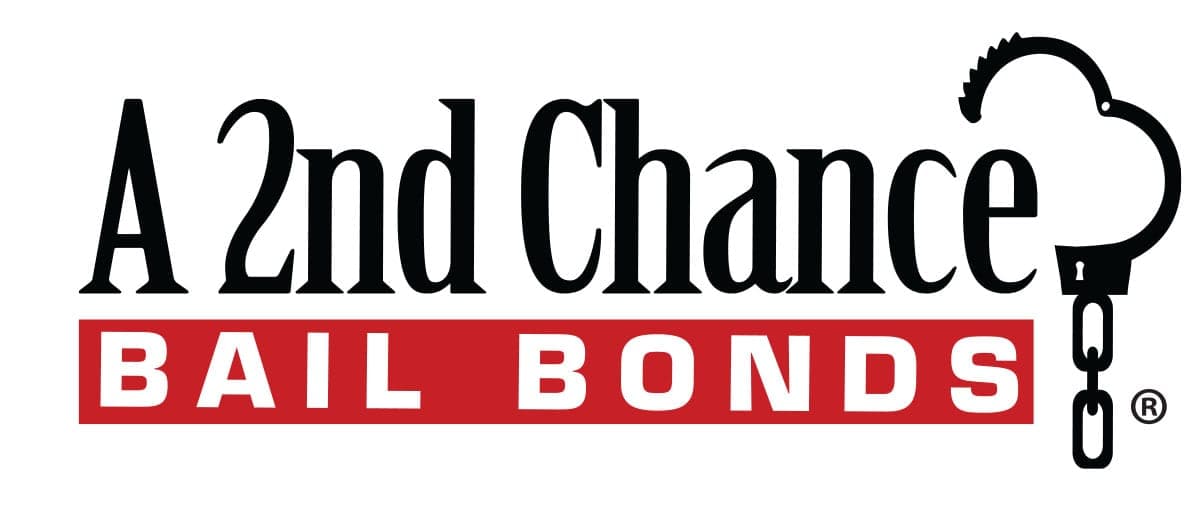 If you were jailed tomorrow, would you have the cash needed for bail or to even cover the amount bail bond companies charge? Most Americans would not — 58% of Americans could not cover the cost of a $1,000 emergency from their savings.
If you were jailed tomorrow, would you have the cash needed for bail or to even cover the amount bail bond companies charge? Most Americans would not — 58% of Americans could not cover the cost of a $1,000 emergency from their savings.
Are you destined to languish in jail if you lack the cash for bail? Not necessarily. If you can convince a responsible family member, co-worker or friend to be your co-signer, you could be back home in short order.
What’s involved in being a co-signer? First, the co-signer puts up the cash needed to secure bond from a bail bond company. Be aware that the amount will not be returned to the co-signer. In addition, the co-signer takes on the financial responsibility for paying the bond in full if the defendant does not appear in court as ordered.
While it’s difficult to determine Georgia’s “average” bail amount, cosigners should be prepared to pay both the bail amount and the bail bond agent’s fee. Bond agents are allowed to charge a premium or fee of 10%-15% on the bail amount.
Keep in mind that this fee covers the valuable service that the bond agency provides to society: guaranteeing a court appearance. Quite simply, bail bond agents have proven far more effective and efficient than the court system at getting the accused back in court.
If this seems like a lot to ask of a co-signer, consider the fact that co-signers are entitled to set conditions for their assistance. For example, the co-signer can demand that the defendant attend substance abuse treatment or have a mental health evaluation. Note that the co-signer’s conditions must be agreed to before the co-signing agreement is executed and before the defendant is released. In addition, the co-signer can stipulate that if the defendant commits other crimes while out on bail, the bail bond company can rescind the bond and the defendant will be returned to jail.
Who can be a co-signer? Ideally, he or she would be a local resident with demonstrably stable employment. However, really anyone can be a co-signer; they simply have to provide evidence that they have sufficient assets to pay the bond in full.
For cash- and credit-strapped defendants, a co-signer can be a lifesaver, but defendants need to realize how large an “ask” this can be for a family member, co-worker or friend. It is essential that the defendant and the co-signer understand the legal and financial responsibilities involved in creating this special relationship between the two parties






